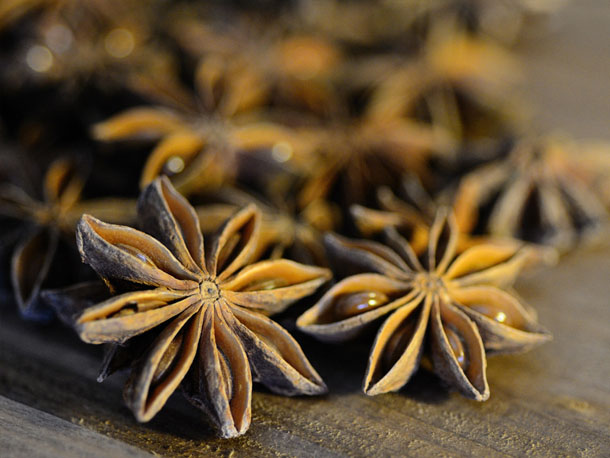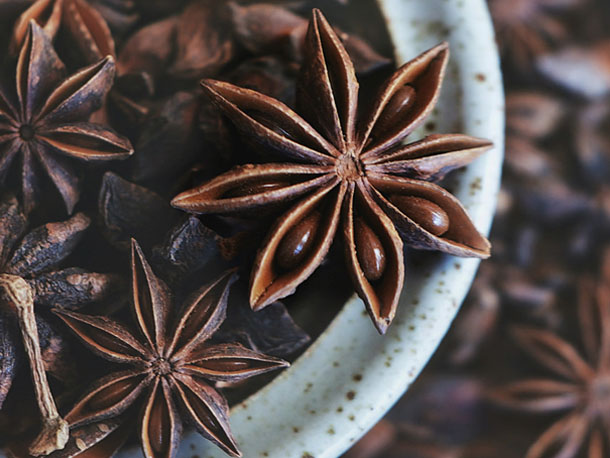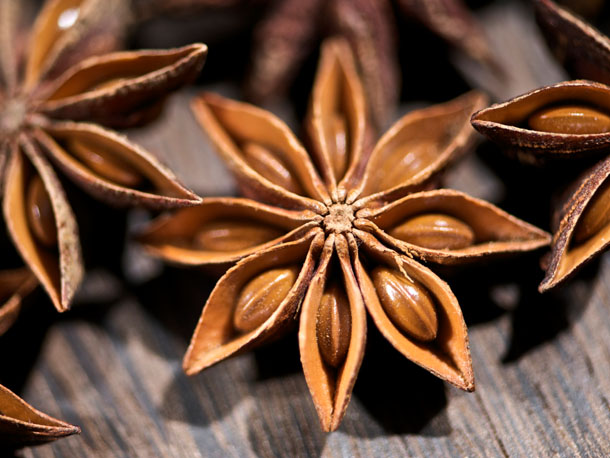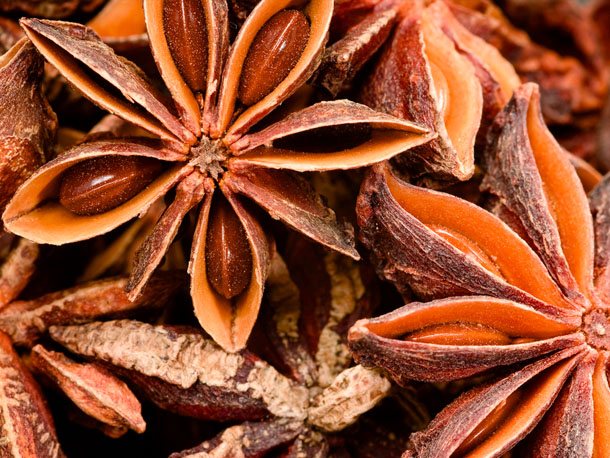Indian firms buy star anise for bird flu drug
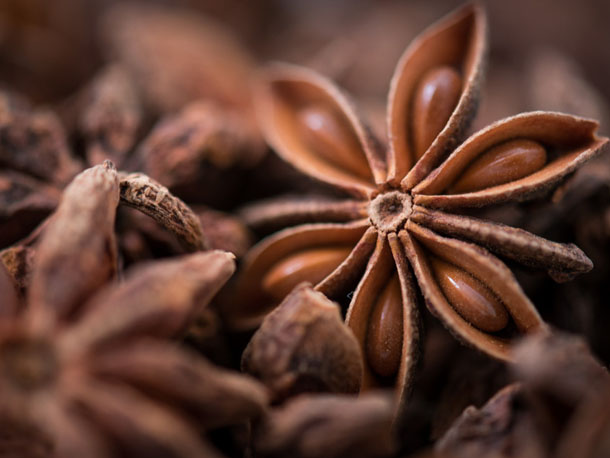
INDIAN pharmaceutical companies are moving in to acquire stocks of Chinese star anise, which is the source of the main ingredient used to manufacture the anti-bird flu drug Tamiflu.
Star anise is a rare herb that is used to flavour vegetable and meat dishes. However, it also has a vital function as the source of shikimic acid from which the drug Tamiflu – currently the world’s only defence against an avian flu pandemic – is made.
As yet, no vaccine has been developed to provide protection against any human outbreak of the deadly bird flu virus. However, although Tamiflu cannot prevent infection with bird flu, it can reduce its virulence and is, therefore, regarded as an essential safeguard.
Tamiflu’s Swiss manufacturer, Roche, does not have a patent on the product in India, where the race is on to acquire Chinese star anise.
Indian pharmaceutical manufacturer Cipla looks set to be the first to venture into commercial production of Tamiflu in the country. Amar Lulla, joint managing director of Cipla, said: “We have procured star anise and we are scaling up the process. We are in the lab and, by December, we will transfer it to production. It will be available in January/February.” Mr Lulla added that there is a major shortage of star anise in India, where production is limited to a few areas in Arunachal Pradesh. “It is not available freely. We have sourced it from Chinese farmers.
Everybody is picking up the material, ” he added.
Cipla said that it would apply for a licence once it develops the drug and is ready for commercial production.
Meanwhile, Ranbaxy Laboratories – another Indian pharmaceuticals producer – is closely monitoring the situation before obtaining star anise and adding Tamiflu to its portfolio.
Raghu Kochar, director of corporate communications at Ranbaxy, said: “We are assessing the demand. When the government allows us, we will source the material. It is early days yet.”

